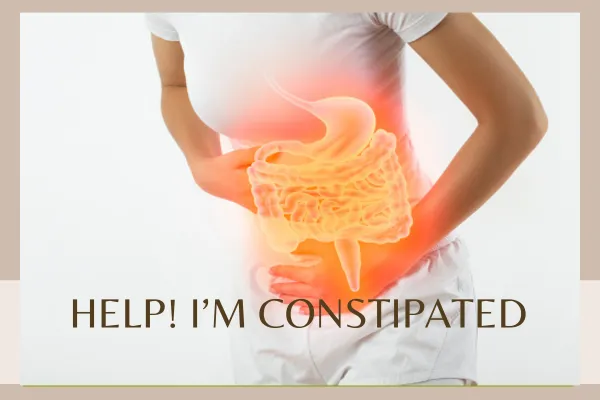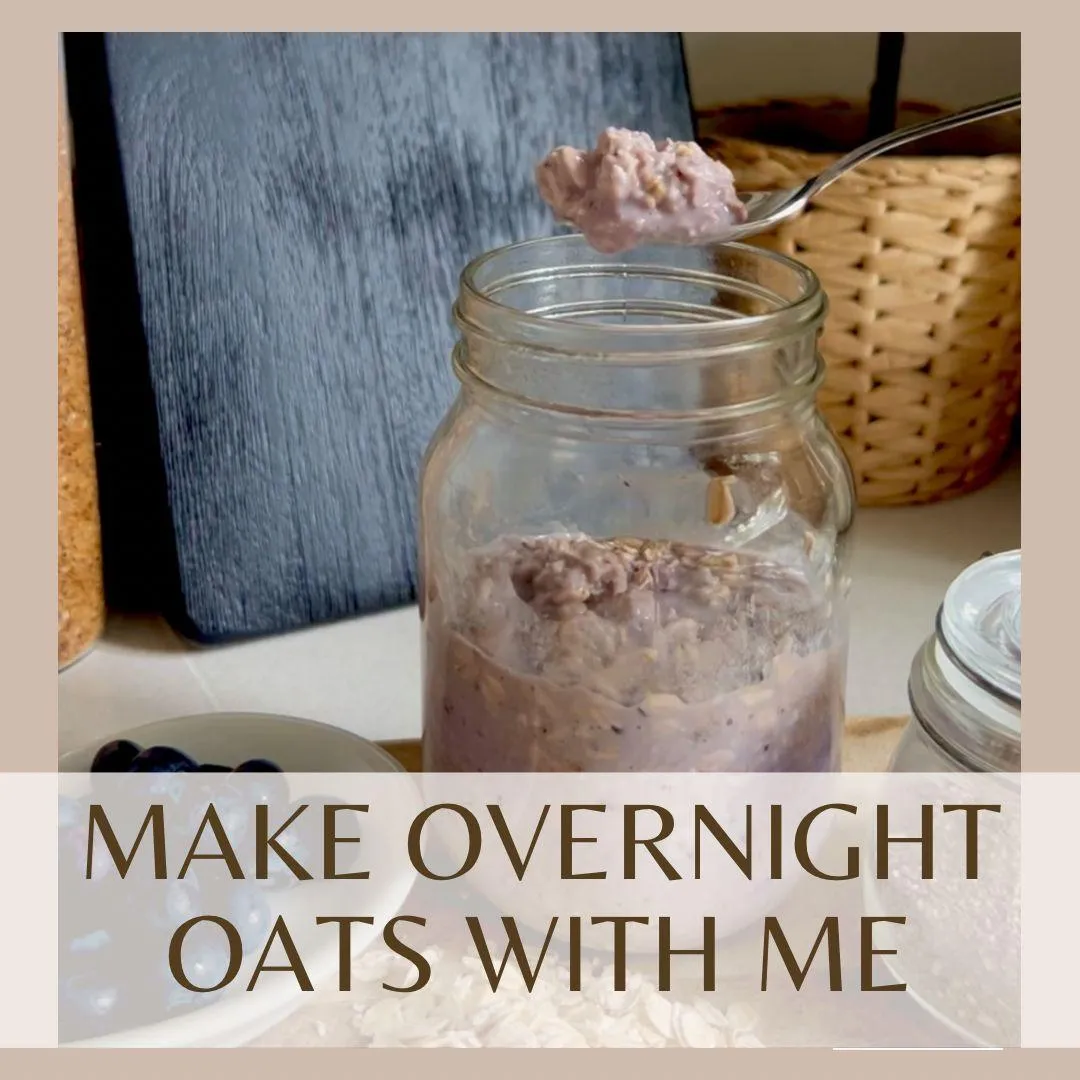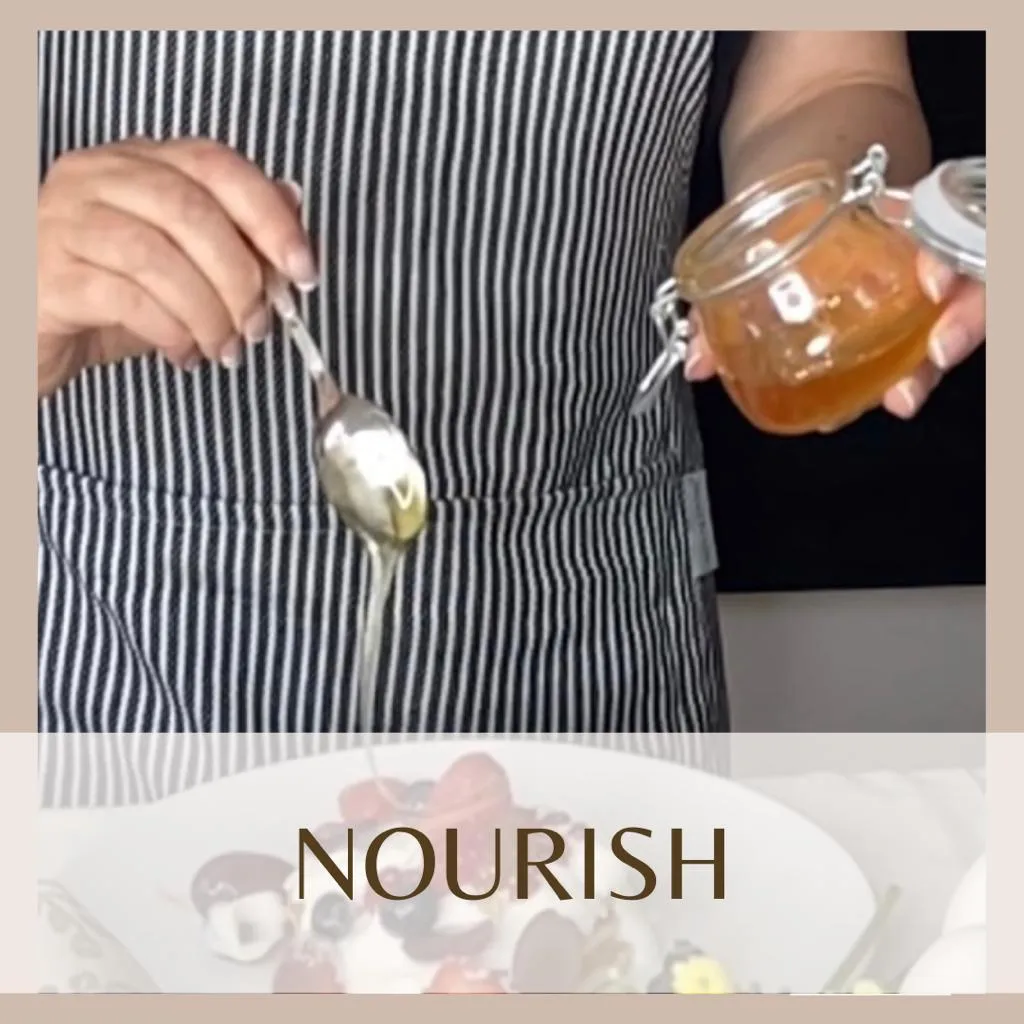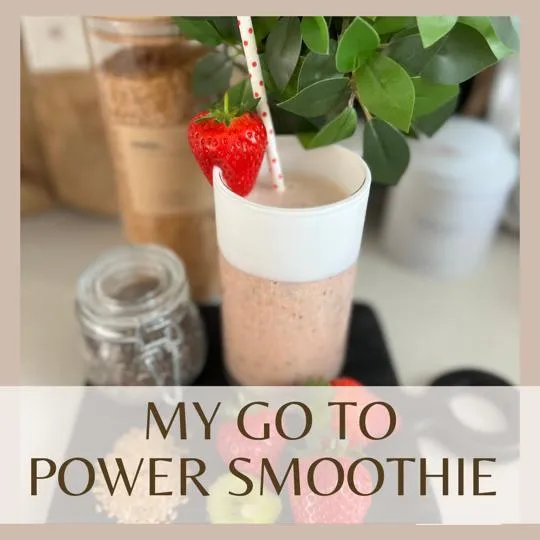Welcome...
Grab a cuppa and browse the library
Welcome...
Grab a cuppa and browse the library
Knowledge is Power
DIVE IN TO MY LIBRARY TO SEE HOW UNDERSTANDING MORE ABOUT FOOD & YOUR BODY, CREATES SHIFTS IN HABITS AND MINDSET

Help!! I'm Constipated
Constipation is a common digestive complaint that affects around 20% of the population, so I thought it’s time we started taking it seriously and get comfortable talking about it!
Constipation is characterised by infrequent movements (less than 3 per week), and/or difficulty passing stools (poop) because they can become dry and hard, which makes them difficult to pass.
Stools can build up in the colon and rectum due to slow transit or congestion in our intestines, causing bloating and abdominal pain (like stomach cramps and/or an intense stitch) as well as straining during bowel movements.
The pain can last for days, be very uncomfortable and, if left untreated, constipation can lead to further health problems.
What Causes Constipation?
There are many causes of constipation, but assuming it is not because of an underlying medical condition, or side effect of medication, here are some common causes that may be improved with simple lifestyle changes.
Not Eating Enough Fibre
We need 25-30g fibre per day for efficient digestion, but it should be increased very gradually (especially if you have IBS). A sudden increase can overwhelm the digestive system and actually cause, or exacerbate constipation.
Fibre helps your digestive system by adding bulk to stools and softening them for easy passage through the intestines.
Foods rich in fibre include fruits (such as apples, prunes, and pears), vegetables (like broccoli and Brussel sprouts), whole grains (oats, quinoa and barley), legumes (such as beans, chickpeas and lentils), nuts, and seeds. Much of your dietary fibre can be found in the skins of produce like apples and potatoes, so it’s best not to peel them.
Dehydration
We all know that we should drink more water, but do you know the implications of dehydration on our gut health? Our digestive system uses 60-70% of the water we consume daily to function normally, so it’s really important to hit that 2ltrs minimum of water per day. (Note coffee/tea don’t count due to caffeine having a dehydrating effect).
Our intestines absorb water during digestion to facilitate the enzymes that break down food, and use water to move the digested food through to the colon, ready to be passed. Think of it as a lubricant. The less water there is, the dryer and more uncomfortable it is to pass.
(Diarrhoea, on the other hand, is the complete opposite - it’s when too much water is absorbed causing you to pass too easily. This can happen if the body needs to evacuate an unwelcome bacteria).
A Sedentary Lifestyle
If you are not moving enough, this too can cause constipation. That’s because physical activity stimulates gastrointestinal movements that help to move waste products through the body more efficiently.
Even simple activities that do not place much of an energy demand, like walking or yoga, can have a profound effect on your body’s ability to digest food. More rigorous activity is also great, because it speeds up the body’s metabolism, and we tend to drink more during and after exercise.
Foods More Likely To Cause Constipation
Some foods are more likely to cause constipated states than others. It is important to monitor your food intake to see if you are being affected by your food choices.
Here's some foods that are generally accepted as promoting constipation:
Dairy products like milk and cheese
Sugar
Junk Food, incl. fried food, burgers, pizza and ready-meals (poor fats slow digestion)
Eggs
Red meat
Cakes / biscuits
White bread or gluten
Alcohol
For some people, coffee
Insufficient water (as mentioned above, dehydration is a really common cause)
Over consumption of protein
This doesn’t mean that you need to give these foods up completely. As always, balance is key.
Coffee is interesting because it does promote bowel movements in the short term, but it also has a diuretic effect (flushes water from our system), which can lead to constipation later. Alcohol also has a diuretic effect.
Foods That Ease Constipation
Kiwis
Raspberries
Pineapple
Chia seeds
Linseeds
Lentils
Prunes / Prune Juice
Figs
Chickpeas, Lentils & Legumes (if tolerated by your gut)
Green veggies
Green vegetables are rich in fibre as well as micronutrients like folate, vitamin C, and vitamin K. A single 180g cup of cooked spinach will give you 19% of the fibre you need in a day, around 4.7g, as will half a dozen Brussels sprouts, or 2 cups of broccoli.
Plus they’re versatile enough to add to anything from soups to salads and stir-frys. If you include a variety of fruit & vegetables with every meal, this will go a long way to improve your bowel movements.
The Takeaways!!
As with any change to your usual eating habits, increase fibre very gradually over time. Increasing it too quickly will cause constipation! (The same applies for protein as it goes).
This is where adequate hydration is super important, as is a balance of good fats to keep things moving.
Rainbow on your plate - eat as many colours at each meal as possible. This approach is also great for promoting a diverse gut microbiome - linked to improved health, from our immunity and mental health to cancer and Alzheimer's.
[Note that this is not medical advice and you should speak with your doctor if symptoms persist beyond a couple of weeks.]

© 2025 All Rights Reserved
Legal Information
Medical Disclaimer
Please note, we are not medically trained and information within this website is not to replace the medical advice of your GP or medical practitioner.
If you are taking medication or under medical supervision, please consult your health practitioner before making changes to your diet or taking any food supplement.
About This Site
This individual website belongs to Polly Gibbs who is independently responsible for the fulfilment of any orders placed.
To contact Polly please complete the form on the Contact page.
Trademarks and Copyright
Unless otherwise stated all trademarks, registered trademarks and product brand names are the property of Polly Gibbs.
Legal Statements
Please consider the following statement regarding weight loss used on the site.
THRIVE! programmes are effective when used in conjunction with a healthy lifestyle. Note that weight loss will depend on your personal metabolism. Outcomes are based upon, amongst other things: a balanced healthy diet, regular exercise, an adequate daily fluid intake, appropriate supplementation, reduced stress and sufficient rest. The information and programmes on this site are not designed to diagnose or treat any medical condition. The weight loss testimonials presented are applicable to the individuals depicted and are not a guarantee of your weight loss, nor are they necessarily typical.
Please note, we are not medically trained and this information is not to replace the medical advice of your GP or medical practitioner. If you are pregnant, taking medication or under medical supervision, please consult your health practitioner before making changes to your diet or taking any food supplement.
The contents of this website are for educational purposes and are not intended to offer personal medical advice. You should seek the advice of your GP, physician, or other qualified health provider ,with any questions you may have regarding a medical condition. Never disregard professional medical advice or delay in seeking it because of something you have read on this website. Any products suggested or referenced are based on personal use.













